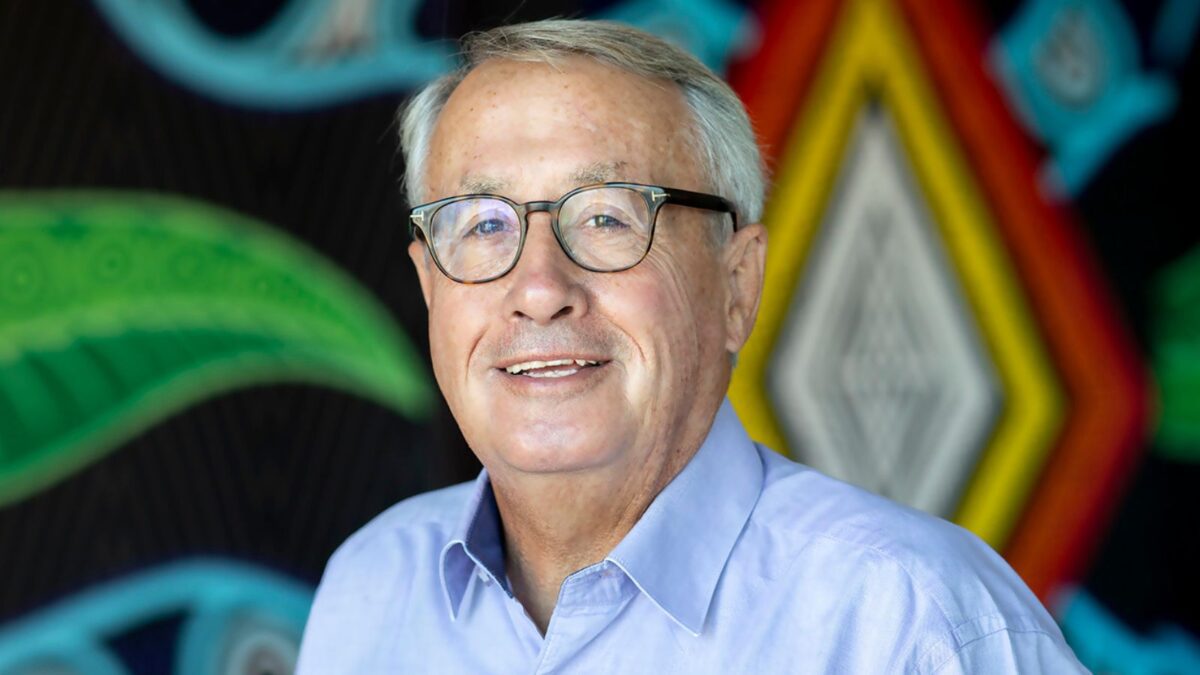Cbus’ horrible year is about to get worse – and it only has itself to blame
Cbus is having a terrible, horrible, no good, very bad year. And it’s about to get worse.
To recap: Cbus has found itself embroiled in explosive corruption claims against the CFMEU as a result of the presence of CFMEU-appointed directors on its board, and has raised eyebrows around the industry for the significant turnover in its senior investment staff and executive branch. That’s seen it become the poster child for everything the mainstream media finds suspicious about industry super funds: their unique governance structures, their investments in unlisted assets, their close ties to the union movement.
At times it’s felt like a pile-on; for example, Morningstar’s “neutral” rating note on Cbus’ Growth Plus Super product, which contained no new information or investigation of the circumstances surrounding the departure of senior execs and which was largely an ad for Morningstar’s recently-launched superannuation ratings. Or when former AMP chairman David Murray, no stranger to headline-grabbing governance blow-ups, used an interview with the Australian Financial Review to suggest members should move their money as a result of the CFMEU allegations – this being the man who apparently saw no issue with the appointment of Boe Pahari to the top job at AMP Capital (not that he was alone in that).
Not that Cbus has really helped itself. There’s been no fulsome explanation of its executive turnover, and its insistence that CFMEU-appointed directors were fit and proper persons might have been fine from a legal standpoint but didn’t pass the pub test, which is increasingly in use by the regulators, politicians and media.
And the fund has now stumbled into even more dangerous territory.
It (allegedly) failed to process death and TPD benefits within reasonable timeframes, which saw them paid out late and resulted in members and claimants now wearing a $20 million loss. It (allegedly) failed to assess the scale of the delays, and the systemic nature of the problem, and then (allegedly) failed to take action to reduce the delays. ASIC also alleges that it made false and misleading statements by failing to make sure that its report of the issue contained all the information it was supposed to.
It’s now possible to put “Cbus” next to dead people in the headline, to invoke the “grieving” and to use phrases like “super-sized betrayal”, as The Australian (somewhat predictably) did. It’s Hayne royal commission language – the kind of language that industry funds have so far largely avoided.
The technical fault lies with Australian Administration Services – a subsidiary of MUFG Pension and Market Services – which showed “poor performance” in meeting service levels under the administration agreement. But Cbus’ board failed to act fast enough to address the problem when it knew there was one.
Cbus has pointed to its insurance offering as a niche service that sets it apart from other funds and gives it the legitimacy required to survive the age of consolidation. Construction is a high risk injury; Cbus should be on top of death and disability claims. In a statement, the fund apologised to members and acknowledged their distress, while saying that it had implemented measures aimed at reducing delays and established a compensation program.
The reputational damage is bad, considering how important insurance is to its members.
It’s also a warning to the super system at large when the problems that have been emerging largely emerge from within the administration space; AustralianSuper failing to realise its members had multiple accounts to which it was charging fees and insurance premiums, or when a botched upgrade to its Member Direct portal prevented members from withdrawing money or switching their investments. It’s an area that is costing members big – and costing funds their trust.
In the same media statement, Cbus said it would invite ASIC to engage in “alternative dispute resolution processes to avoid protracted litigation”. With so much now resting on administration in superannuation, it doesn’t seem likely that ASIC will accept that invitation – from Cbus, or any other fund.











